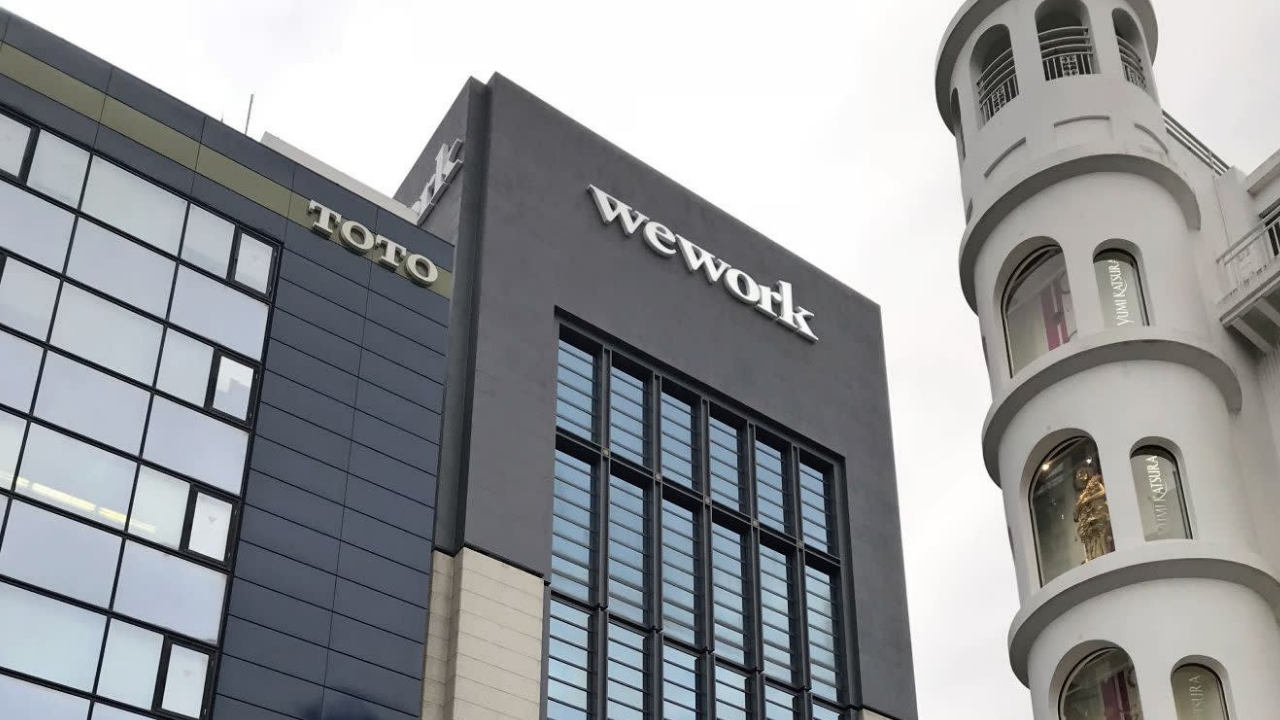Tokyo’s office market is booming and WeWork is making its presence known in the city by expanding throughout Tokyo’s business districts.
WeWork is currently the biggest office space supplier in New York and London. It allows entrepreneurs and startups to network and grow relationships with like-minded individuals.
Since beginning its expansion in Japan, WeWork has opened 11 locations within 10 months and hopes to have 30 by the end of 2019.
The company recently opened a location in a Minato Ward building, which caused the building’s prices to shoot up by 50%, according to Goldman Sachs.
Although WeWork charges more than other flexible office spaces, it is confident they can fill their spaces. Their office leases typically exceed 10 years and Goldman agrees, saying that the company is a source of long-term revenue that justifies the high price it paid for the building.
Norway’s sovereign fund, Government Pension Fund Global, partnered with Tokyo Fudosan Holdings to purchase several commercial buildings for 132.5 yen in some of the city’s trendiest districts in direct response to WeWork’s plan to lease one of the buildings
Office vacancies inwards of Tokyo fell to 1.98% in November, which marked the first reading below 2% since the early 1990s. WeWork plans to manage eight locations in those wards, totaling 40,000 square feet, by the end of the month.
In the short 10 months, WeWork has been in the area, it is already giving Regus, the region’s largest player, some stiff competition. Their massive expansion can be accredited to SoftBank’s 1 trillion yen investment into the company.
Softbank’s Vision Fund has invested in numerous real estate startups, such as Open Door and Compass.
WeWork seeks out upscale spaces for its offices, then secures long-term leases for several floors or sometimes entire buildings.
Despite their expansion, Tokyo’s office real estate boom may not last. WeWork posted an EBITDA (earnings before interest, taxes, depreciation and amortization) loss of $168 million from July through September. If the company can’t fill their workspaces, membership fees may not cover rent costs as Japan’s office building prices have climbed to their highest since 2008.
















